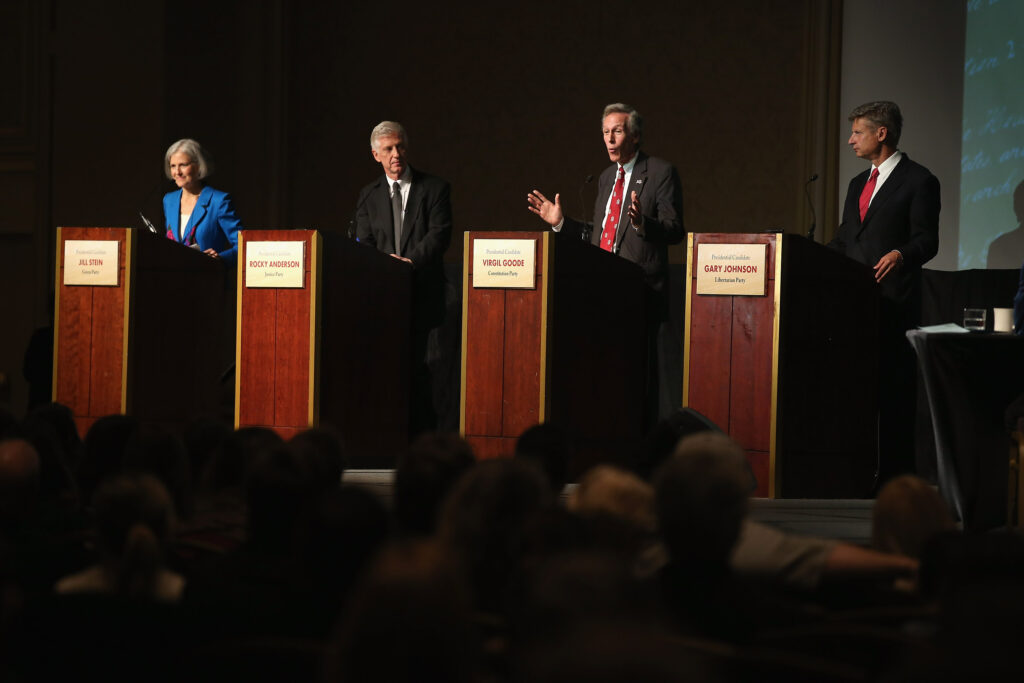Table of Contents
The Uncharted Trajectories and Ripple Effects of Kennedy’s Independent Candidacy Amidst a Bipartisan Showdown

In an unexpected twist on the political stage, Robert F. Kennedy Jr. intends to redirect his electoral voyage, swaying away from the Democratic presidential primary to embark on an independent campaign, infusing an additional dash of complexity and suspense into the unfolding drama of the 2024 elections. This change of heart arrives in the wake of unheeded appeals for a tête-à-tête with the sitting President Joe Biden and amidst the latter’s considerable lead in the preliminary polls.
Kennedy’s Electorate Dance: Weaving Through Party Lines
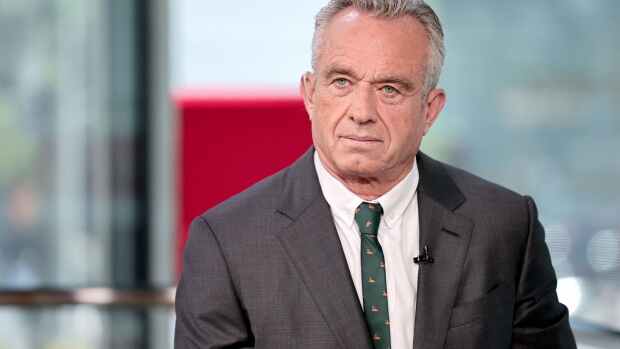
While Kennedy’s initial pursuit of the Democratic nomination has cast a subtle shadow, his prospective journey as an independent candidate holds the potential to sculpt, if not dictate, the narrative of the forthcoming general election. Preliminary polling, albeit in nascent stages, unveils Kennedy as a remarkably resilient third-party candidate, hinting at an unparalleled inaugural surge for an independent contender in recent decades.
A snapshot provided by a Reuters/Ipsos poll sketches a fascinating hypothetical scenario: Trump snags 40%, Biden trails with 38%, and Kennedy makes a splash with 14%. This intriguing initial foothold for Kennedy instigates a stroll down memory lane, with no discernible instance of a third-party candidate securing 14% in a national poll since Ross Perot’s 1996 run.
A Flash in the Political Pan? Unwrapping the Fate of Independent Campaigns
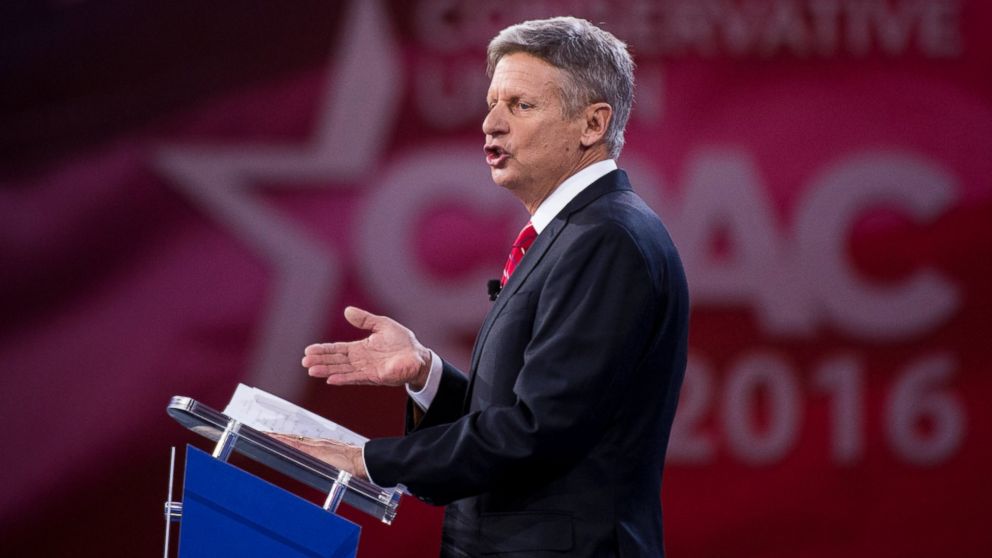
Skepticism encases the trajectory of non-major-party candidates, who historically tend to witness their star fade as the election day draws nearer. Evidently, past endeavors by independent candidates like Gary Johnson in 2016 illuminate a trajectory that, despite robust starts, often peters out by the time ballots are cast.
Yet, the overarching question lingers: Will Kennedy’s campaign script a divergent story?
A Precarious Tug-of-War: Gauging the Kennedy Impact
As Biden and Trump go toe-to-toe in both national and pivotal swing state polls, Kennedy’s insertion into the mix and his potential to siphon votes from disenchanted Democrats and Republicans alike emerges as a potentially critical variable.
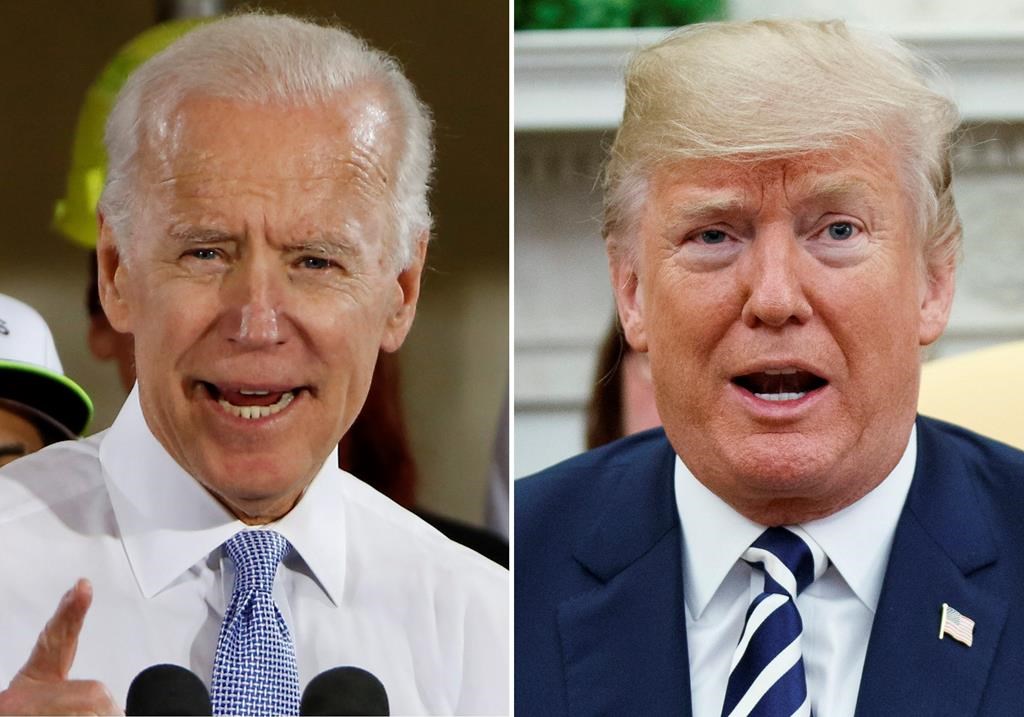
But the conundrum spirals: Which campaign should brace for a greater impact from Kennedy’s run?
Kennedy, despite his initial Democratic leanings, has garnered attention and some adulation from Republican circles, even securing a spot at an upcoming Conservative Political Action Conference event. Nonetheless, a robust section of his Republican admirers, per Quinnipiac University data, extends unwavering support to Trump, casting a veil of ambiguity over the prospective electoral dynamics.
With minor variances in Kennedy’s vote-pulling potential from either party and his ability to resonate almost equally with dissenters from both sides, his campaign introduces a wildcard element into an already precariously balanced electoral race.
Awakening the Silent Electorate: Can Kennedy Ignite the Non-Voters?
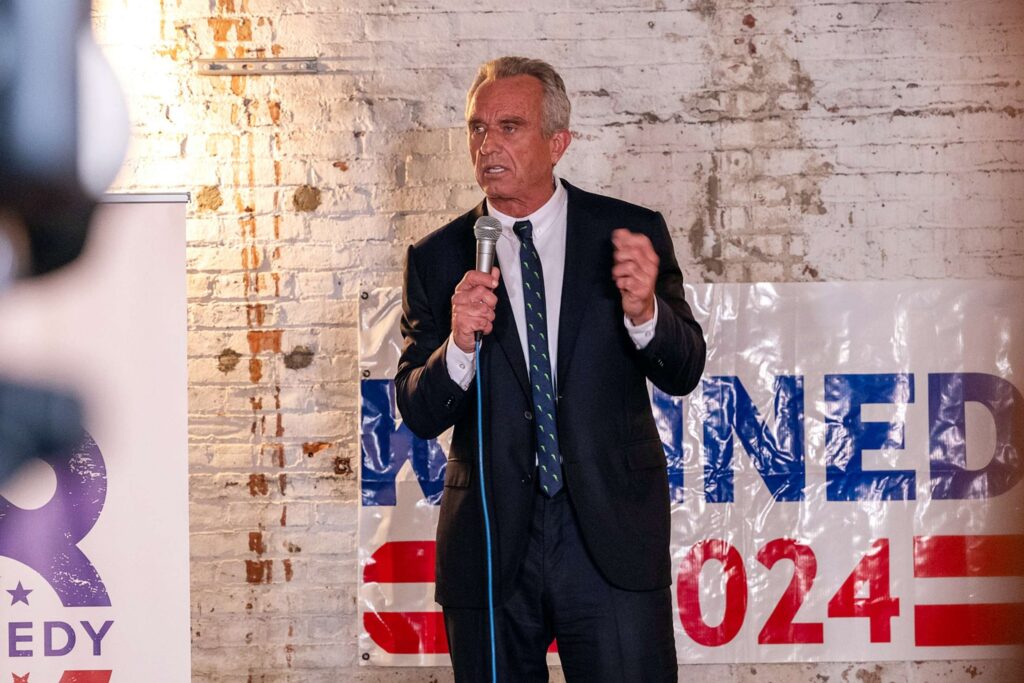
Kennedy’s relative allure among the non-voters or those who opted out in 2020 implies a potential to stir the silent electorate and elevate turnout. However, the overarching impact of this mobilization on the ultimate electoral outcome nestles in a cocoon of uncertainty.
As the electoral clock ticks down over an anxious 13 months, the Biden, Trump, and now Kennedy campaigns offer a compelling triptych, each maneuver meticulously dissected by an electorate eagerly poised to cast their decisive ballots in an electrifying 2024 race.


